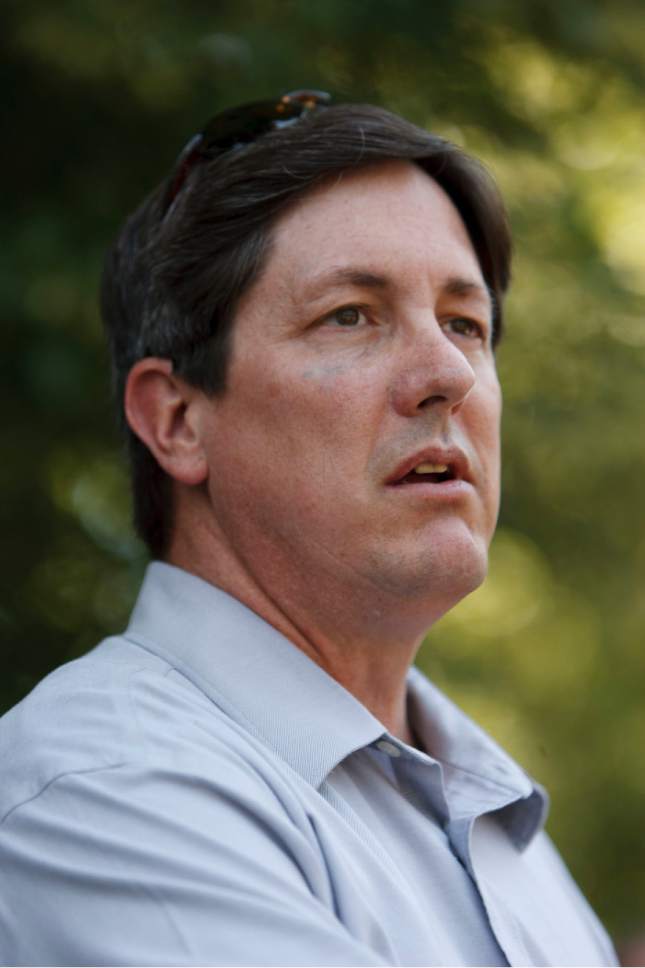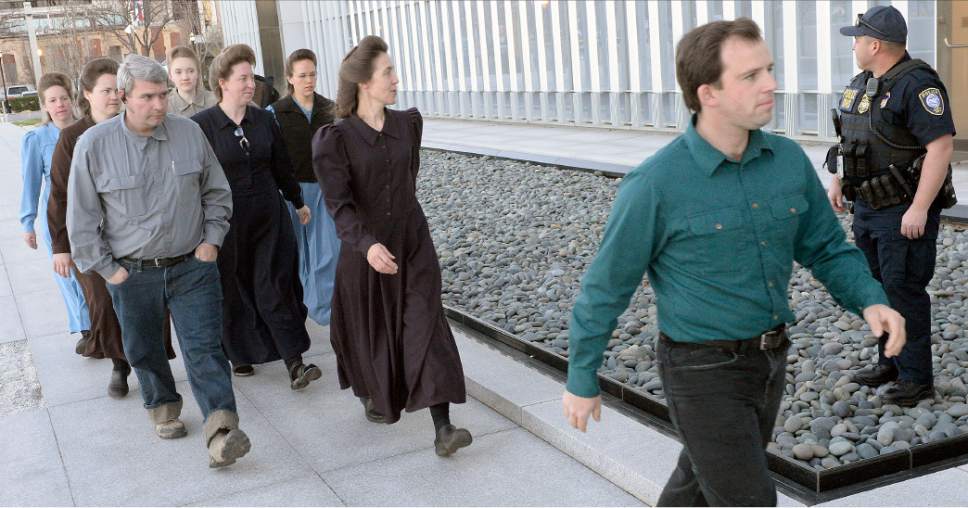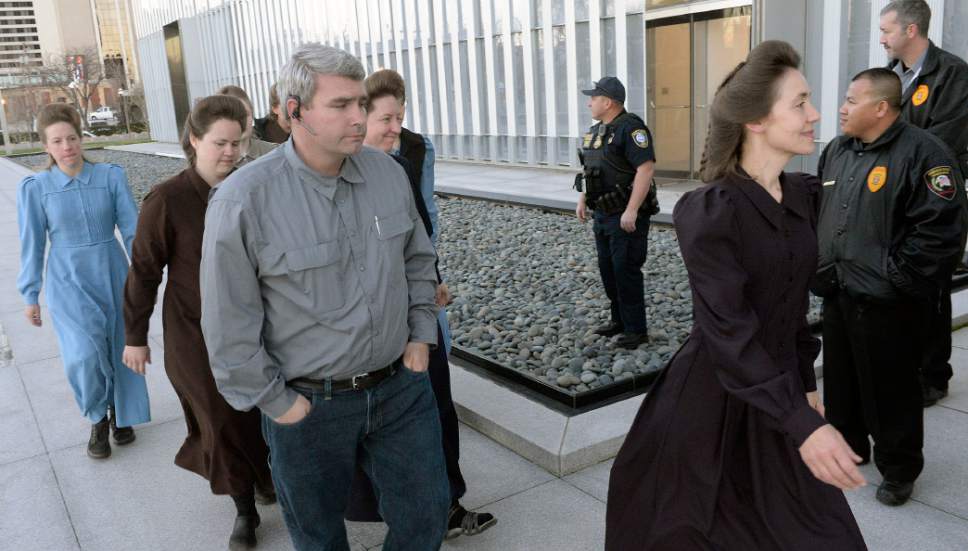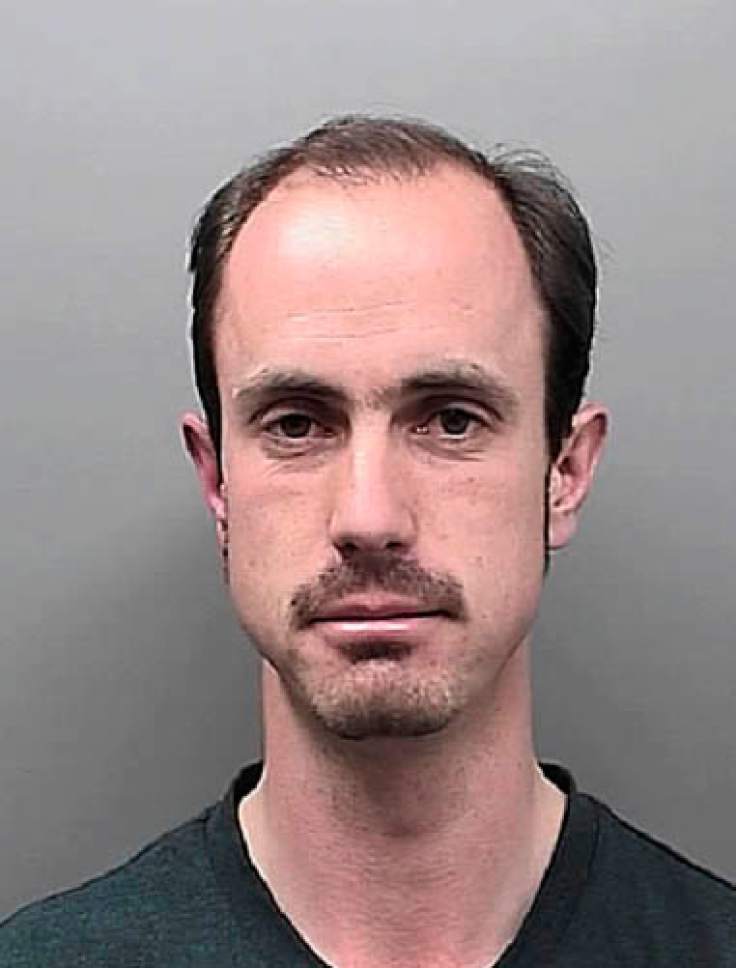This is an archived article that was published on sltrib.com in 2016, and information in the article may be outdated. It is provided only for personal research purposes and may not be reprinted.
Jurors should not consider whether defendants had a religious right to donate their food stamp benefits to a polygamous church, federal prosecutors argued in briefs filed Wednesday.
Prosecutors want Judge Ted Stewart to forbid such a defense at trial. Eleven members of the Fundamentalist Church of Jesus Christ of Latter-Day Saints were indicted in February on two counts of conspiracy related to followers donating their food stamp benefits to the church or using them at church-run stores that converted the benefits to cash.
Defense attorneys contended in an earlier motion that their clients had a First Amendment right to give the government-issued debit cards or groceries to the FLDS storehouse, and jurors should consider that. Prosecutors on Wednesday said such legal questions should be left to a judge.
Prosecutors also contended that the defendants have not pointed to a statute or precedent that would allow the First Amendment defense.
The government quoted from federal law: "Benefits issued to eligible households shall be used by them only to purchase food from retail food stores... Benefits may be used only by the household, or other persons the household selects, to purchase eligible food for the household...."
A handful of motions were filed Wednesday. In one, prosecutors rebutted a defense claim that the food stamp statutes are so vague the defendants could not have known they were committing a crime.
Prosecutors attached an affidavit from former FLDS follower Dowayne Barlow recalling church gatherings in late 2011 and early 2012 with then-FLDS Bishop Lyle Jeffs when the food stamp plan was put in place. FLDS leaders were worried about the legality from the start, Barlow said. Jeffs told food stamp recipients, according to Barlow, to shop only at the FLDS-controlled stores in order to avoid triggering fraud alerts.
In another filing on Thursday, prosecutors argued against dismissing the case, saying the defendants have not demonstrated how the rules of the food stamp program infringed upon their religion. They also pointed out the benefits weren't just used for purchasing food — some of the benefits were converted to cash and used to pay for a truck, according to the indictment.
Jeffs is one of the 11 defendants. He absconded from his pre-trial release in mid-June and remains at large.
One of his brothers, Seth Jeffs, also is charged. He and another defendant, John Wayman, were rearrested earlier this month on allegations they violated their pre-trial release by meeting with each other. They will have another chance at a pre-trial release when they appear in court Aug. 22.
All 11 defendants are scheduled for trial Oct. 3 at the federal courthouse in Salt Lake City.
Twitter: @natecarlisle









